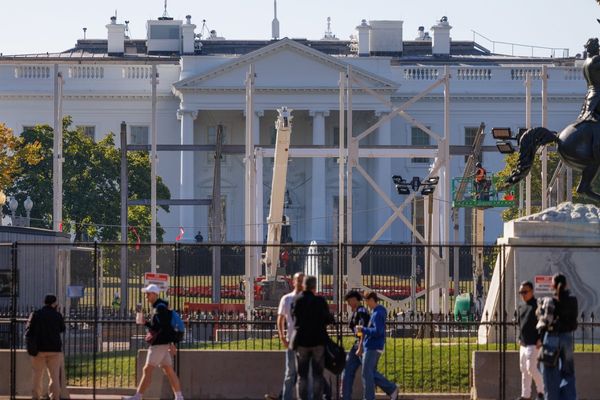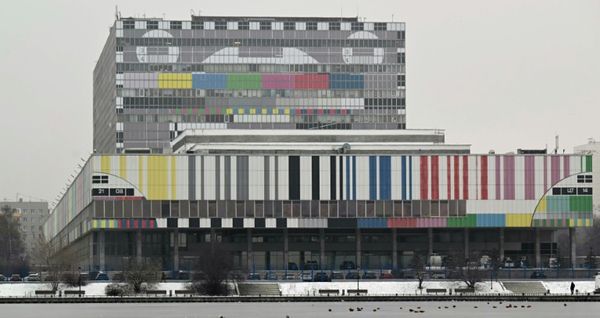
The share of farm fires affecting Delhi's pollution has surged to more than 20% since the weekend, higher than the levels a year ago, government data showed on Tuesday as the Indian capital's air quality turned "severe" at many places.
Delhi on Sunday suspended most construction and demolition activities, predicting a worsening of its air quality from Tuesday because of calmer winds and other meteorological conditions.
The city of about 20 million, the world's most polluted capital, is blanketed in smog every winter as cold, heavy air traps construction dust, vehicle emissions and smoke from the burning of crop residues in the neighbouring states of Haryana and Punjab ahead of the new crop season.
Smoke from farm fires contributed to up to 26% of the tiny PM 2.5 lung-damaging pollutants in the city's air - the highest in the past two years during the period of mid-October to early November, according to data from the Ministry of Earth Science.
Delhi's air quality index crossed the "severe" level of 400 at most of its monitoring stations on Tuesday as visibility dropped.
A reading of above 400 can affect healthy people and seriously impact those with existing illnesses.
"Almost every household in Delhi has someone unwell due to this severe and hazardous pollution, and our politicians don’t even think that’s (an) issue," environmentalist Vimlendu Jha said on Twitter.
"You don't need to add any filter on Instagram for Delhi sky photos. It’s naturally SEPIA!"
The Delhi government says it has formed 586 teams to monitor construction works for violations though hospitals, railways, airports and other public sectors can continue with construction activities with dust-control measures.
It is also deploying nearly 233 anti-smog guns and 521 machines to sprinkle water across the city to settle dust.
"It is the responsibility of all of us to take initiative at every level to stop pollution," Delhi's environment minister Gopal Rai said, announcing a proposal to get drivers to switch off their vehicles at red lights.
(Writing by Krishna N. Das; Editing by Lincoln Feast.)







